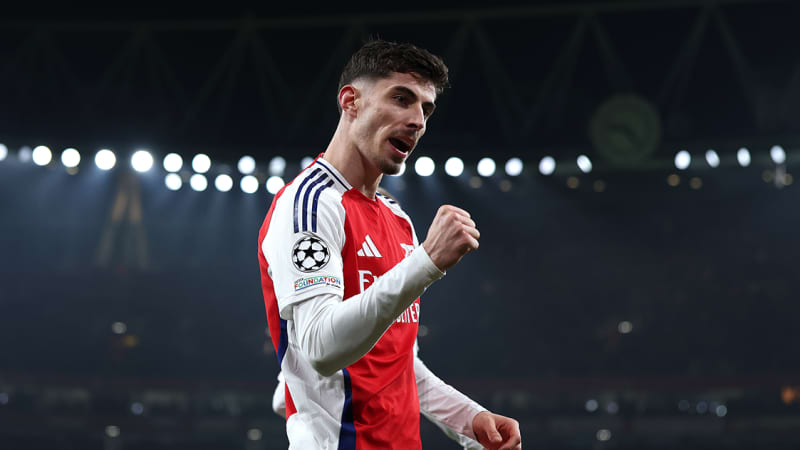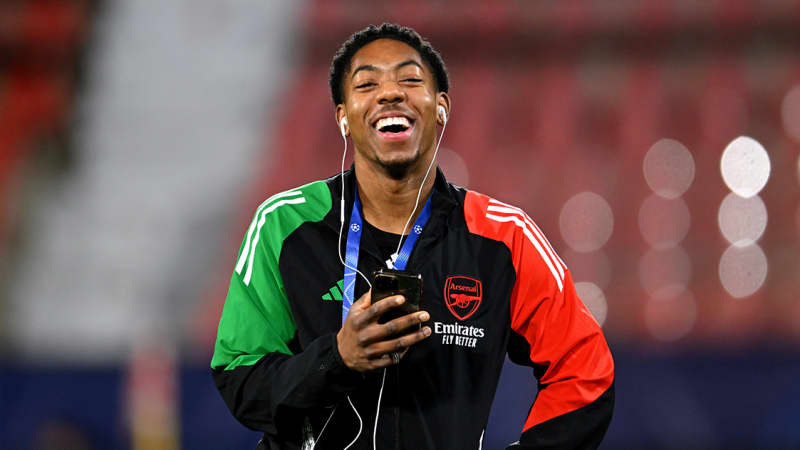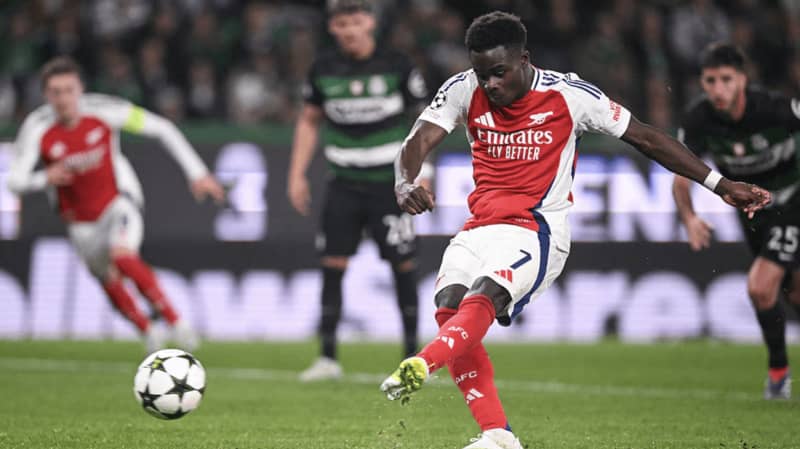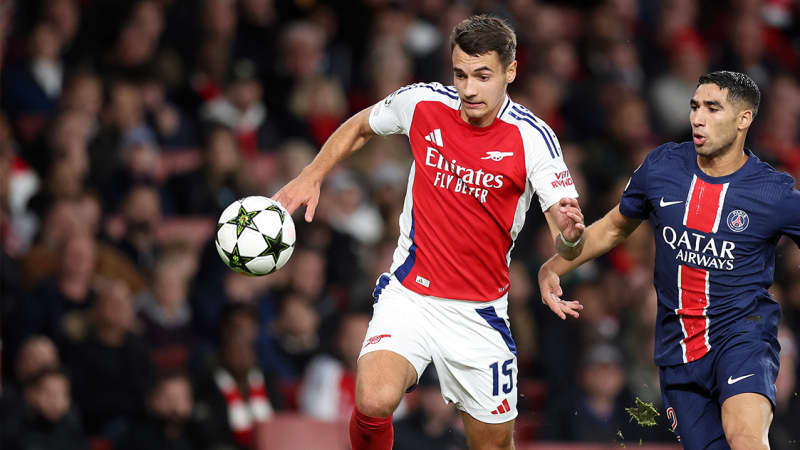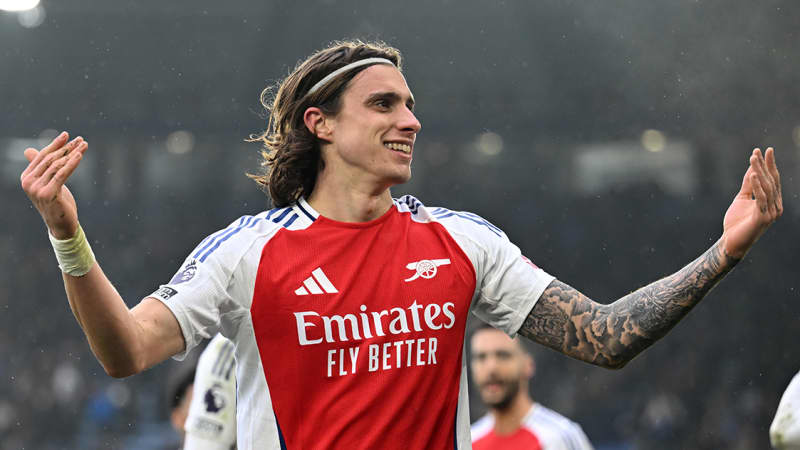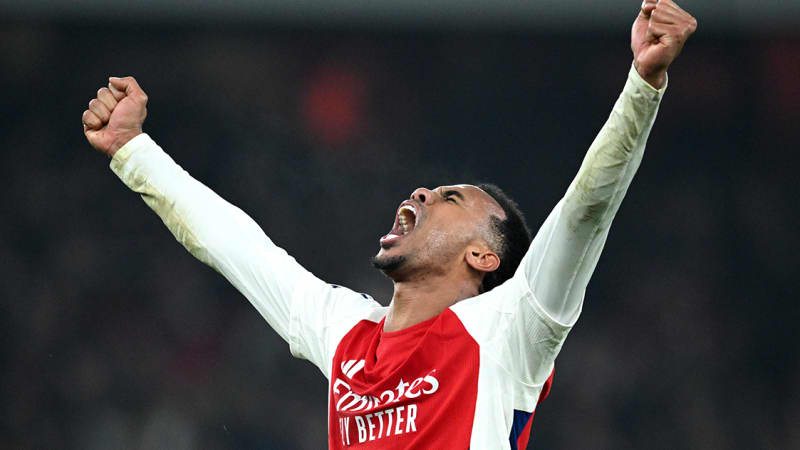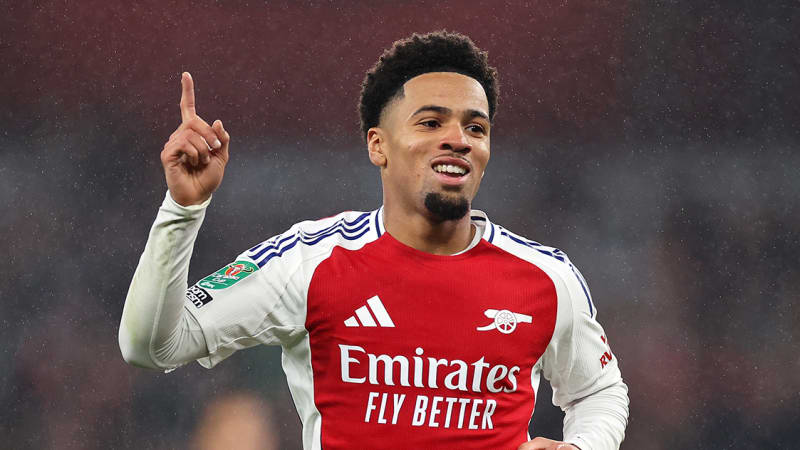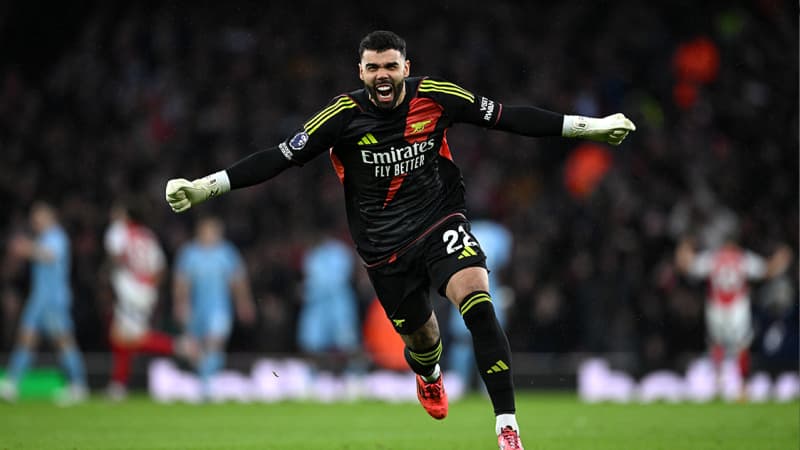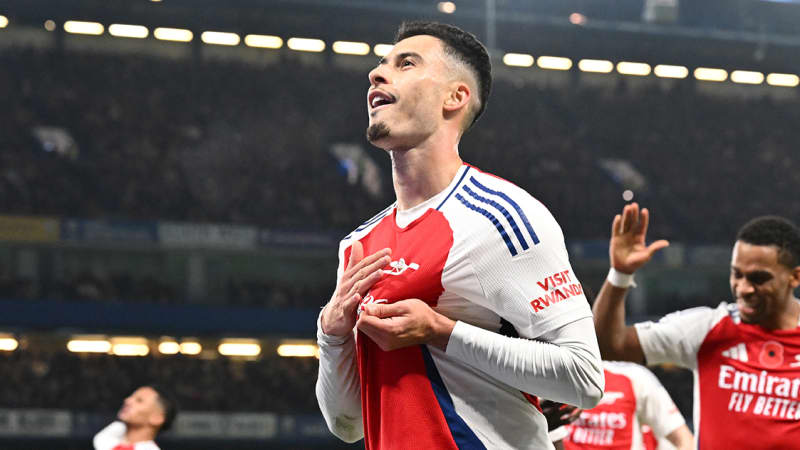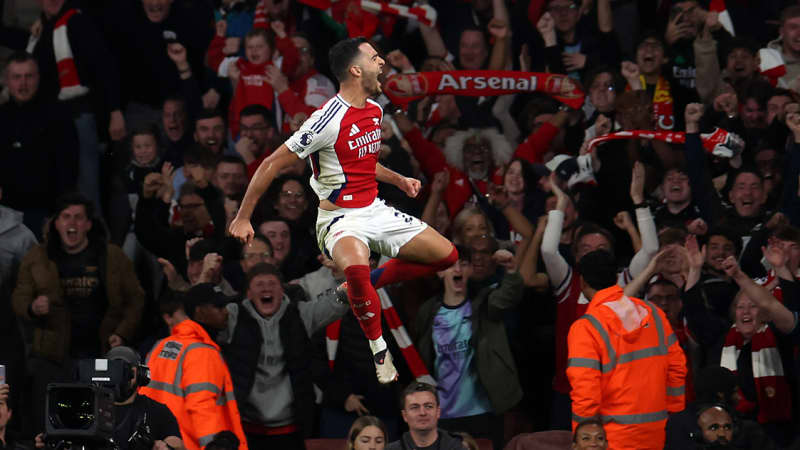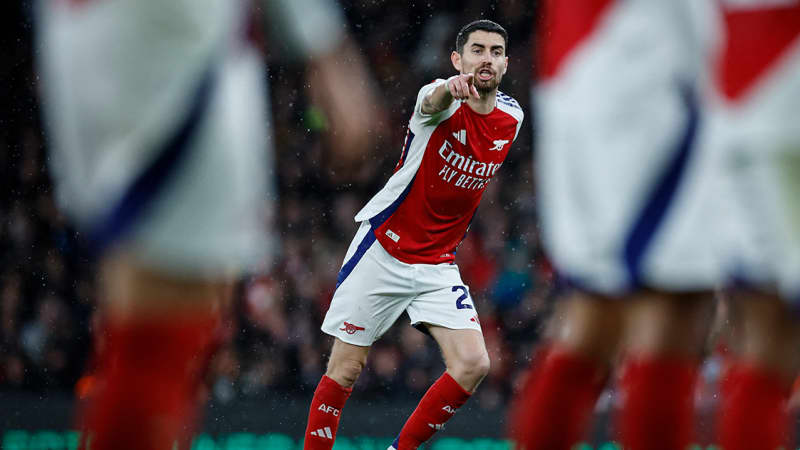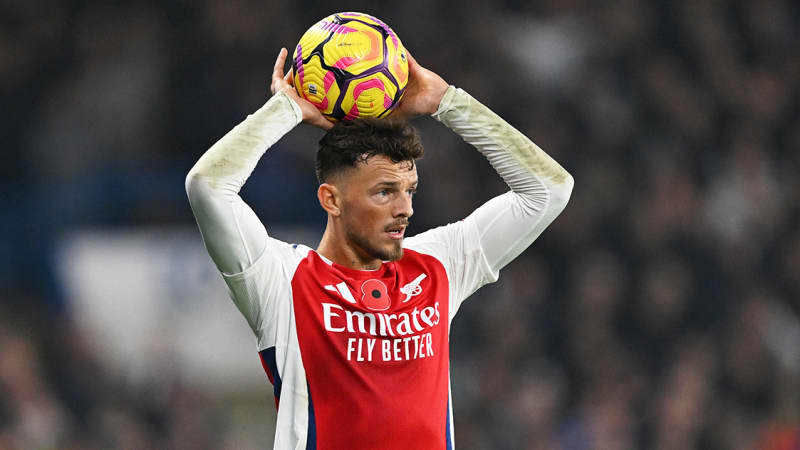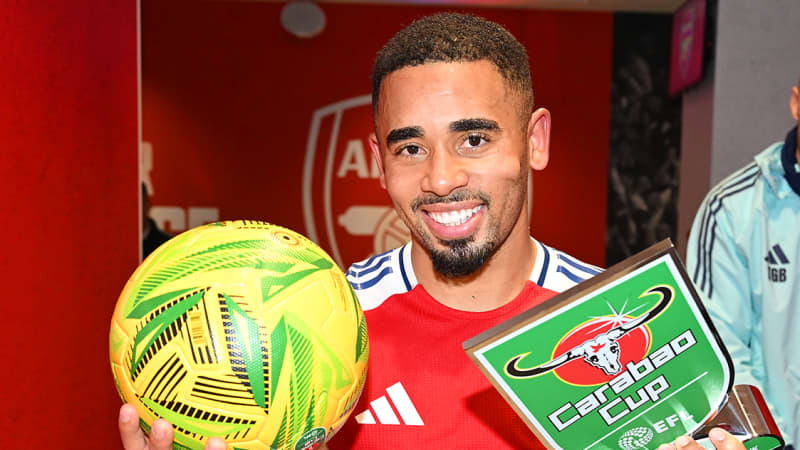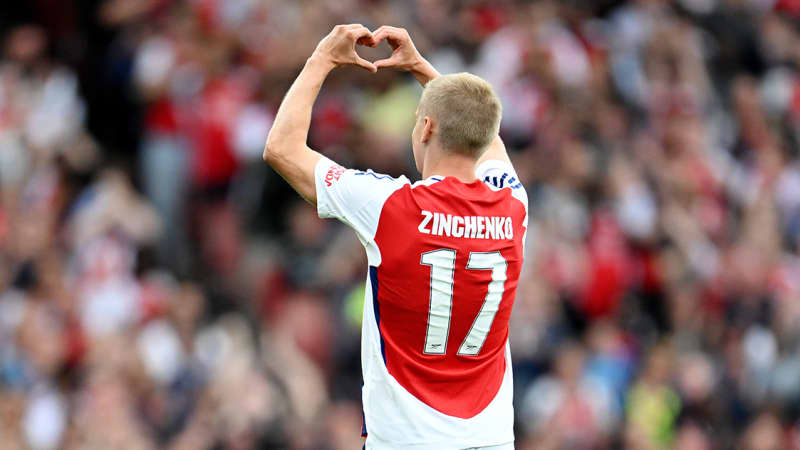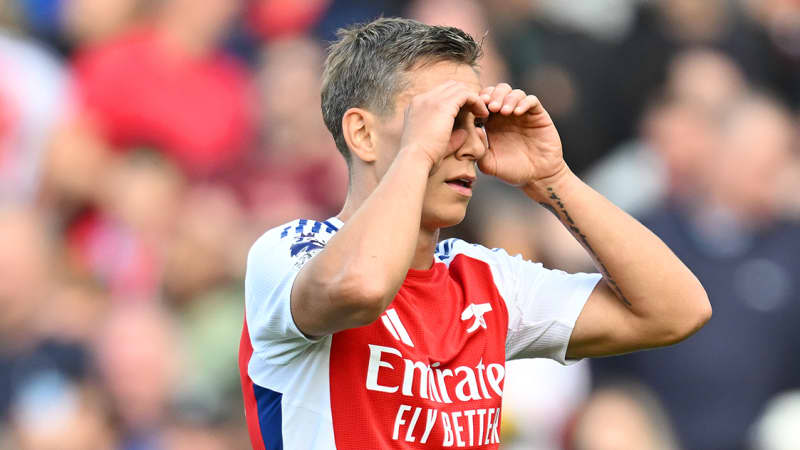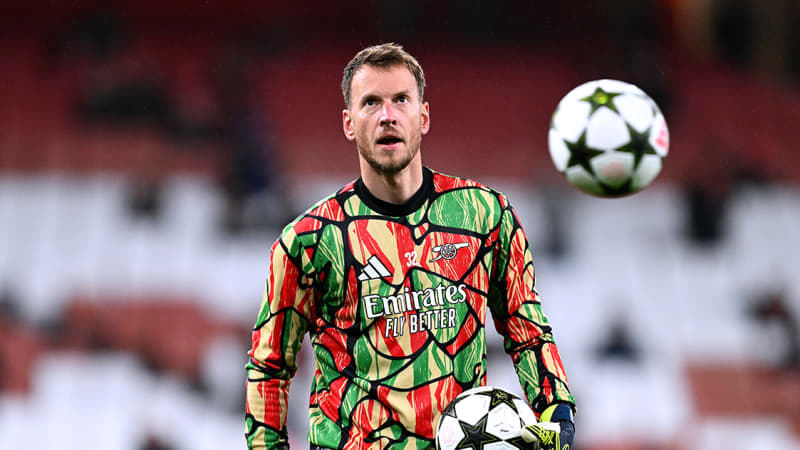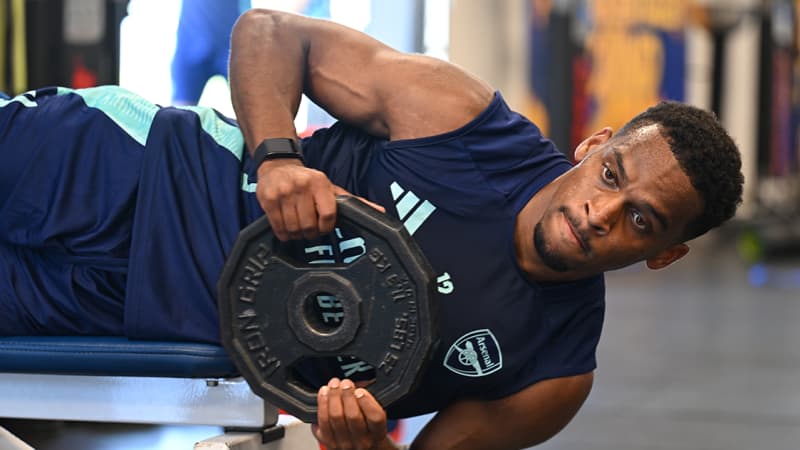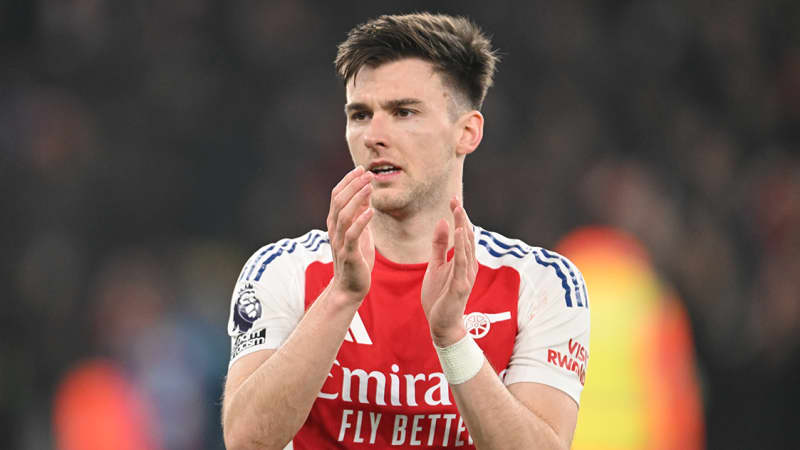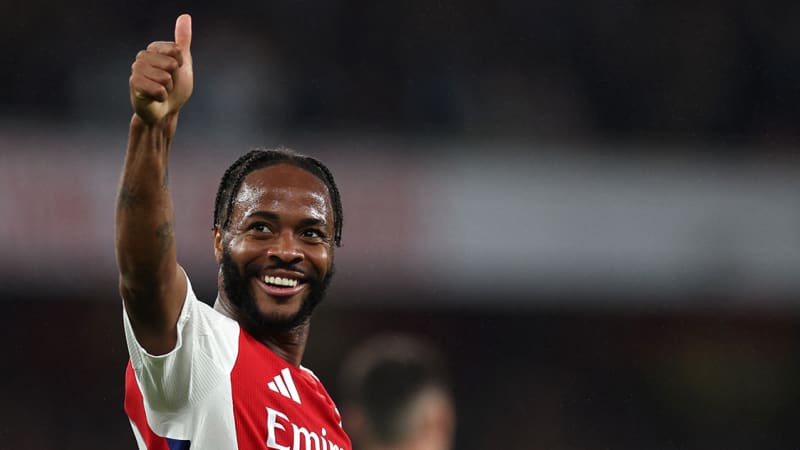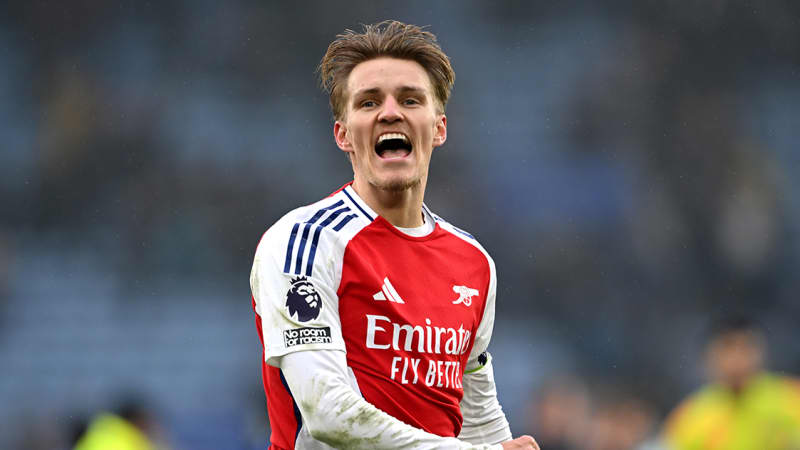CALAFIORI on battling back, being left-back and fixing backs!
Our Italian defender on how an early serious injury impacted his learning process, and his dreams of becoming a chiropractor
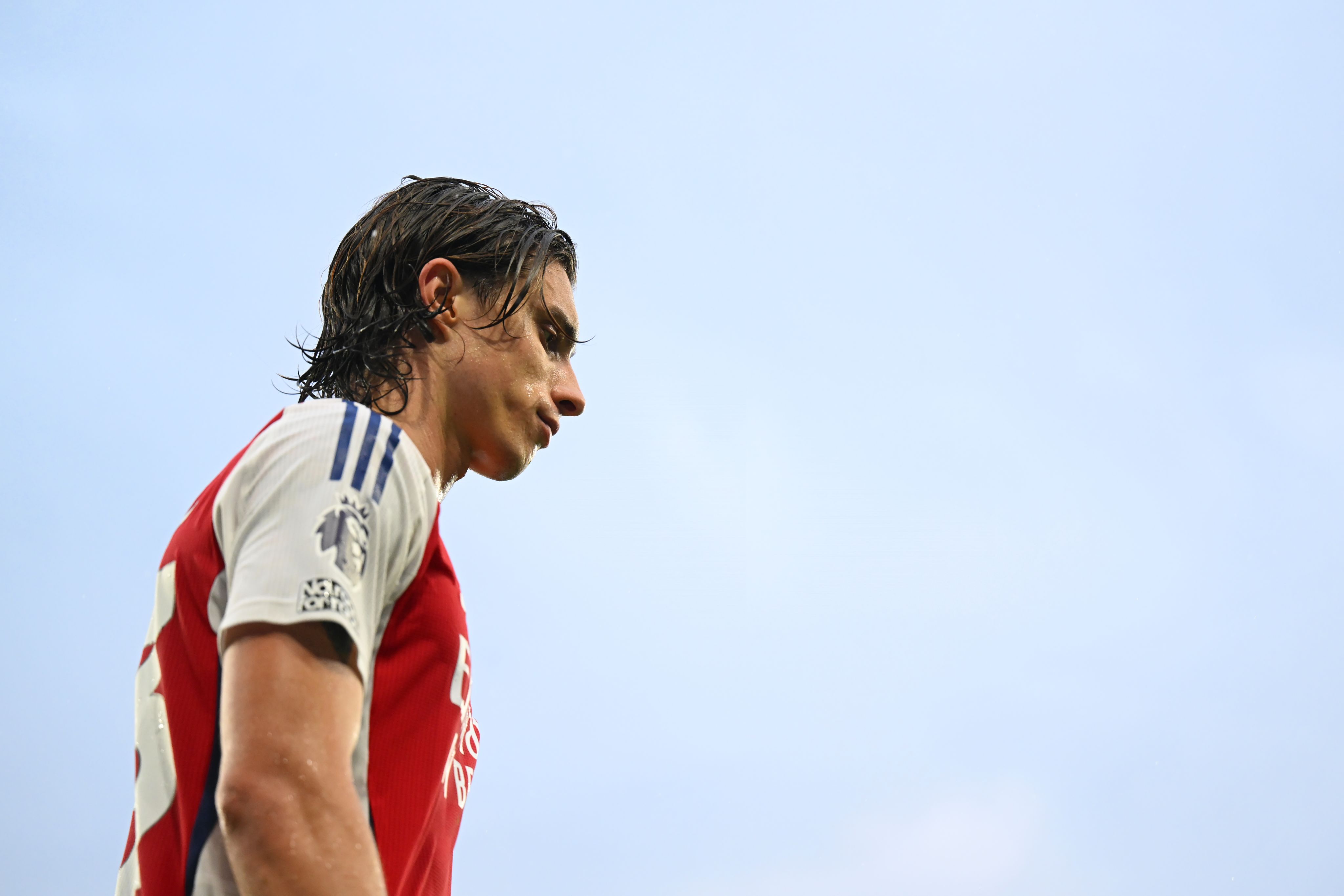

It’s said you learn more from the tough times than the good, and Riccardo Calafiori experienced this very, very early in his career.
He was just 16 – playing in the UEFA Youth League for the very first time – when he suffered a potentially career-ending knee injury.
The next few weeks and months tested his body, but also his mind, as he resolved to prove the doctors wrong. He was told, before even undergoing surgery, that his promising career - he was already a regular Italy youth international - could be over before it had started in earnest.
But Riccardo says he barely even listened to those prophecies of doom, and instead used that period to his advantage, being surrounded by first-team players during his rehab, and is now reaping the reward of the advice he picked up at the time.
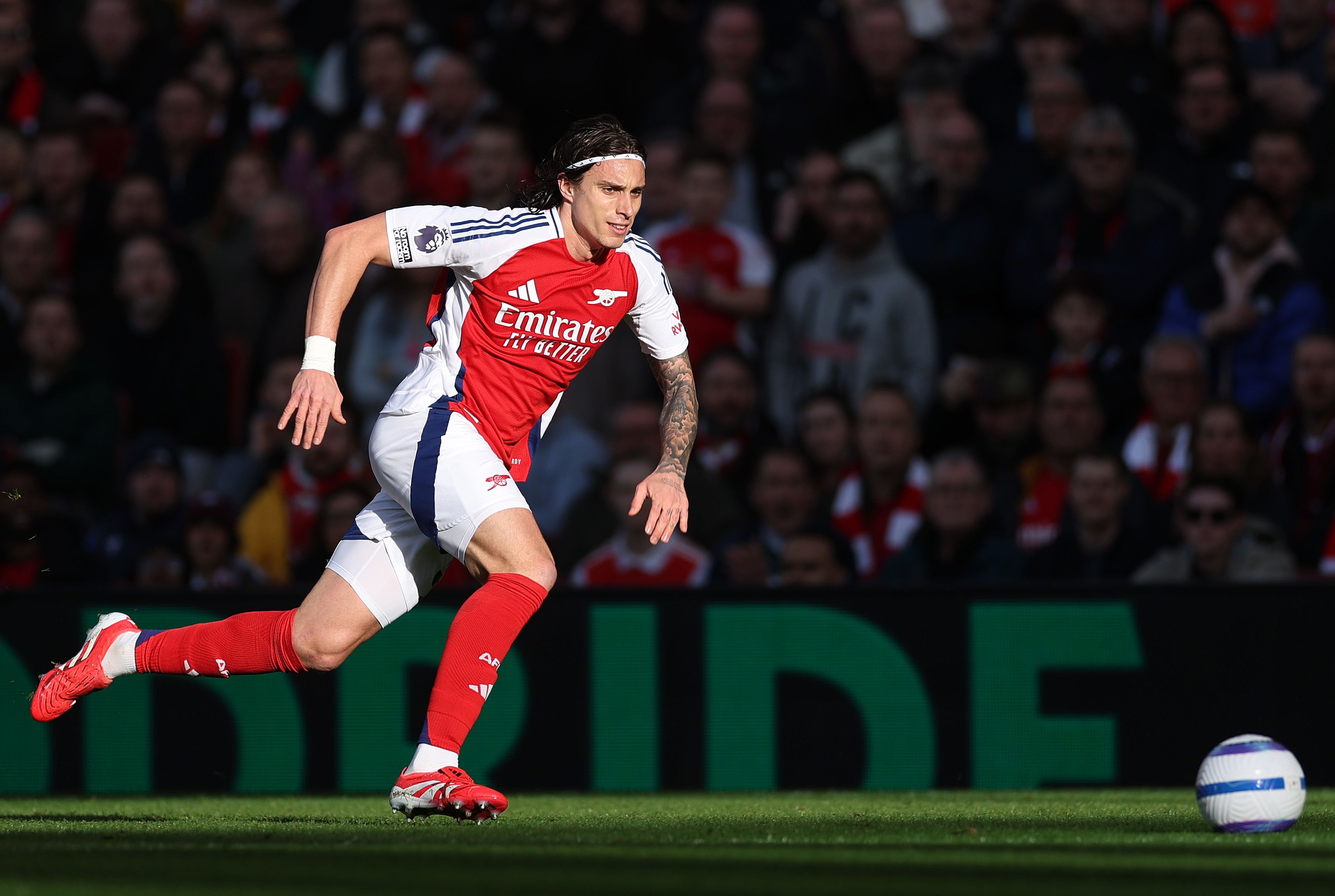
The defender spent his entire footballing upbringing at AS Roma, joining the academy as an eight-year-old, and one of the silver linings to his lengthy injury layoff was that he was soon in the company of the senior players at the club.
“As young players we never really spent much time around the squad, not until you approach playing for the first team,” he begins. “When you start training with them then it happens. But in fact, I was one of the few that spent much time around them, because of my injury.
"I was 16 when I got injured, so I wasn’t a part of the first-team squad yet, but I did my rehab with them. It was amazing for me to spend time with them, and they gave me some advice, it was the first moment that I felt a little bit part of the first team. It gave me that taste of what life would be like there.”
He admits though, that at that age, he was not the kind of character to constantly question and be in the ear of his more illustrious teammates.
“No, I was so quiet, so shy!” he laughs. “But they would come over to me and speak to me, and I’m so grateful for that and all the help they gave me. Some big players were there at the time too, players like Daniele de Rossi, and we became really close friends because of that. Also in the team at the time were Alex Kolarov, Edin Dzeko – all top players for me, and so that was good to be around them.”
He says that was one of the motivating factors during his rehab, helping him get over the huge shock of the injury.
It came in a UEFA Youth League group stage game, at home to Viktoria Plzen in October 2018. With the score at 3-3, with 10 minutes remaining, a bad tackle resulted in him rupturing every ligament in his knee, as well as his meniscus and articular capsule.
“It was late in the game," he reflects, "and when these kinds of things happen, you always think back over it to see if there is anything you could have done differently.
“10 minutes before the injury, I had cramp, so I could have come off. But I wanted to stay on because I was young, it was my debut – of course you want to play. But it happened. It happened to be that way, you cannot change these things.”
For a young player who had been on the up and up throughout his time in the Roma academy, and had already represented his country at under-15, under-16 and under-17 levels, it was a massive learning experience.
“For sure I learned more [in that time],” he agrees, “but I’m not sure if I would want to do it again! I’m not saying that, but when it happens you have to take the positives from it, and for sure it changed me, and now I’m better for what happened.
“I was so young, only 16, so I didn’t realise at the time how bad it was and how dangerous it was for my career. It was very bad, it could have been the end of my career to be honest. They told me, the doctors all explained it, but in my head I wasn’t listening. I was just thinking about coming back, coming back, coming back. That was it.
“I remember, it was on the day of the injury actually, and the doctors said to me that maybe I can’t come back to play football again. They told me that same day. It was hard to hear, but in fact it gave me the motivation to come back.
“Actually, the most difficult time for me was the last few months, because I felt ready in my opinion, but couldn’t come back yet. I was close, but not close enough, and I’d had enough of the rehab. I was bored of the gym, bored of everything – I just wanted to play football again.”
The way he bounced back was undoubtedly impressive. Less than two years later, he made his Serie A debut for Roma, shortly after his 18th birthday, fulfilling a lifelong dream.
He had joined the academy of his hometown club aged eight, and it was there where he received all the footballing lessons that would provide the foundation for his career.
“When I first arrived at the AS Roma academy, I think the discipline side was the biggest change I noticed after coming from a small club,” he reveals. “Going from my small local club, called Petriana, into the academy at AS Roma when I was eight, there were a lot of changes.
“You cannot be late, you have to always work as a team, all that kind of stuff is what you learn at that age. You start living with these rules, like a professional, and that was all different for me. That discipline then stays with you through your career because you grow up with it.”
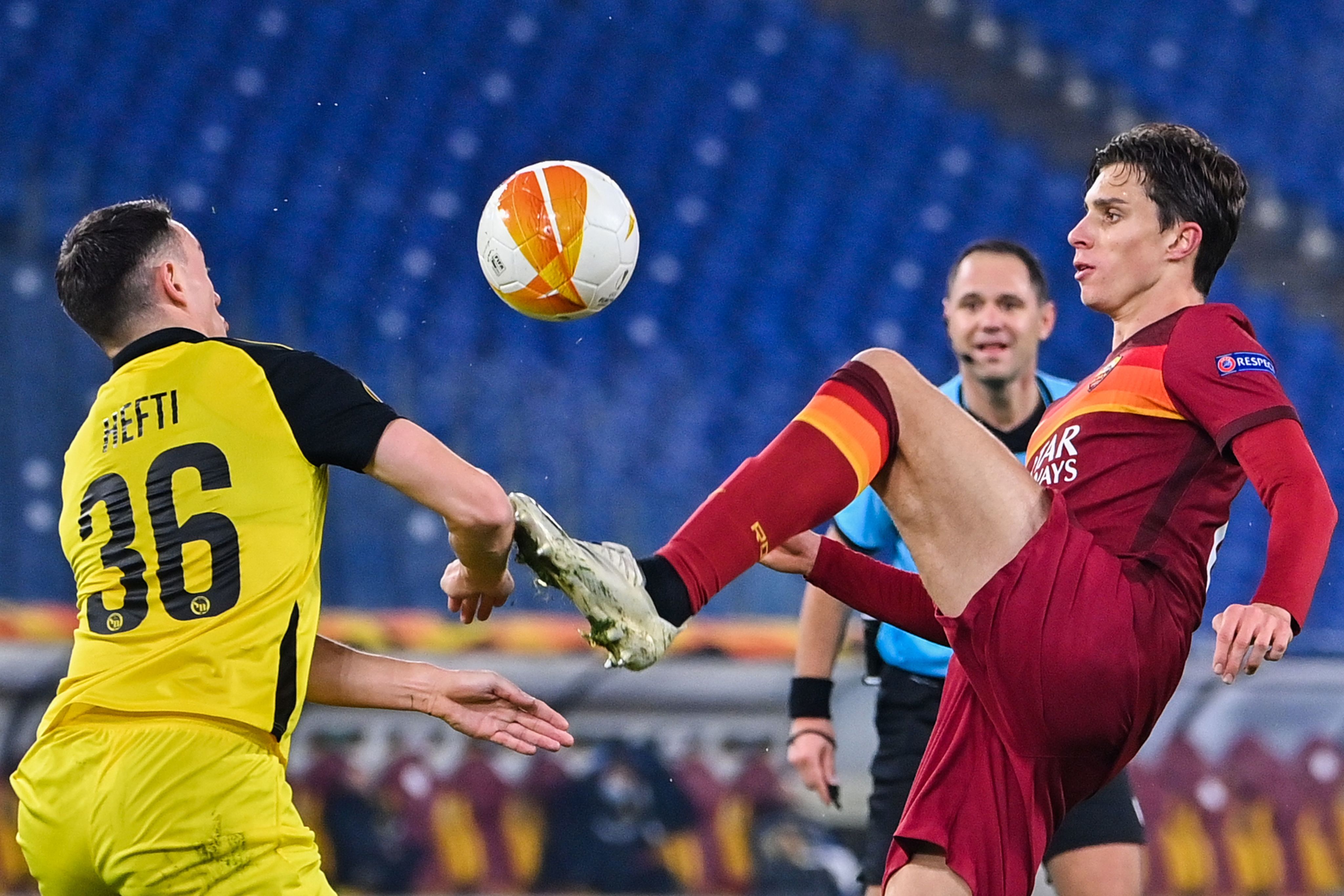
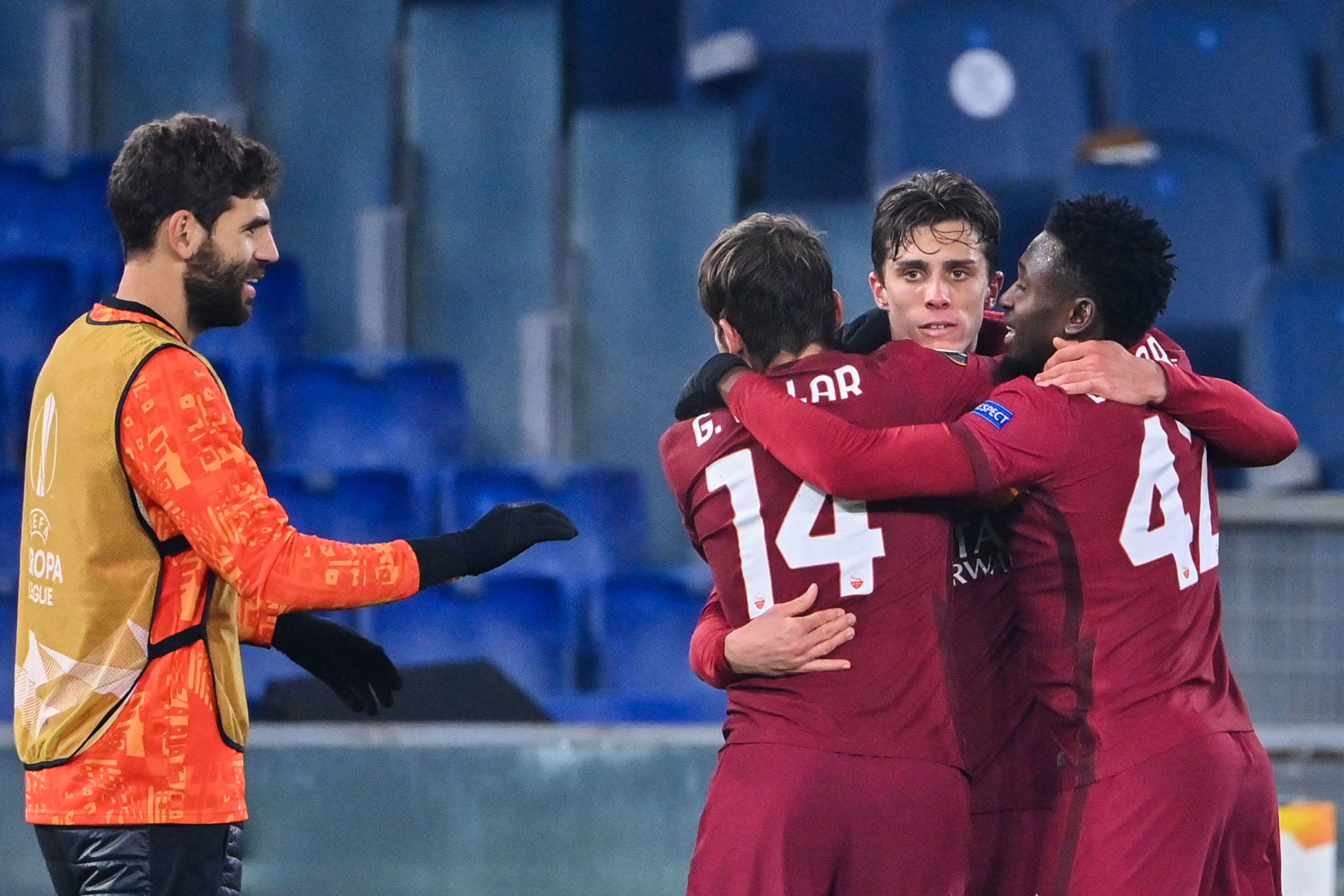
"the doctors said to me maybe I can’t come back to play football again. It was hard to hear, but it gave me the motivation to come back"
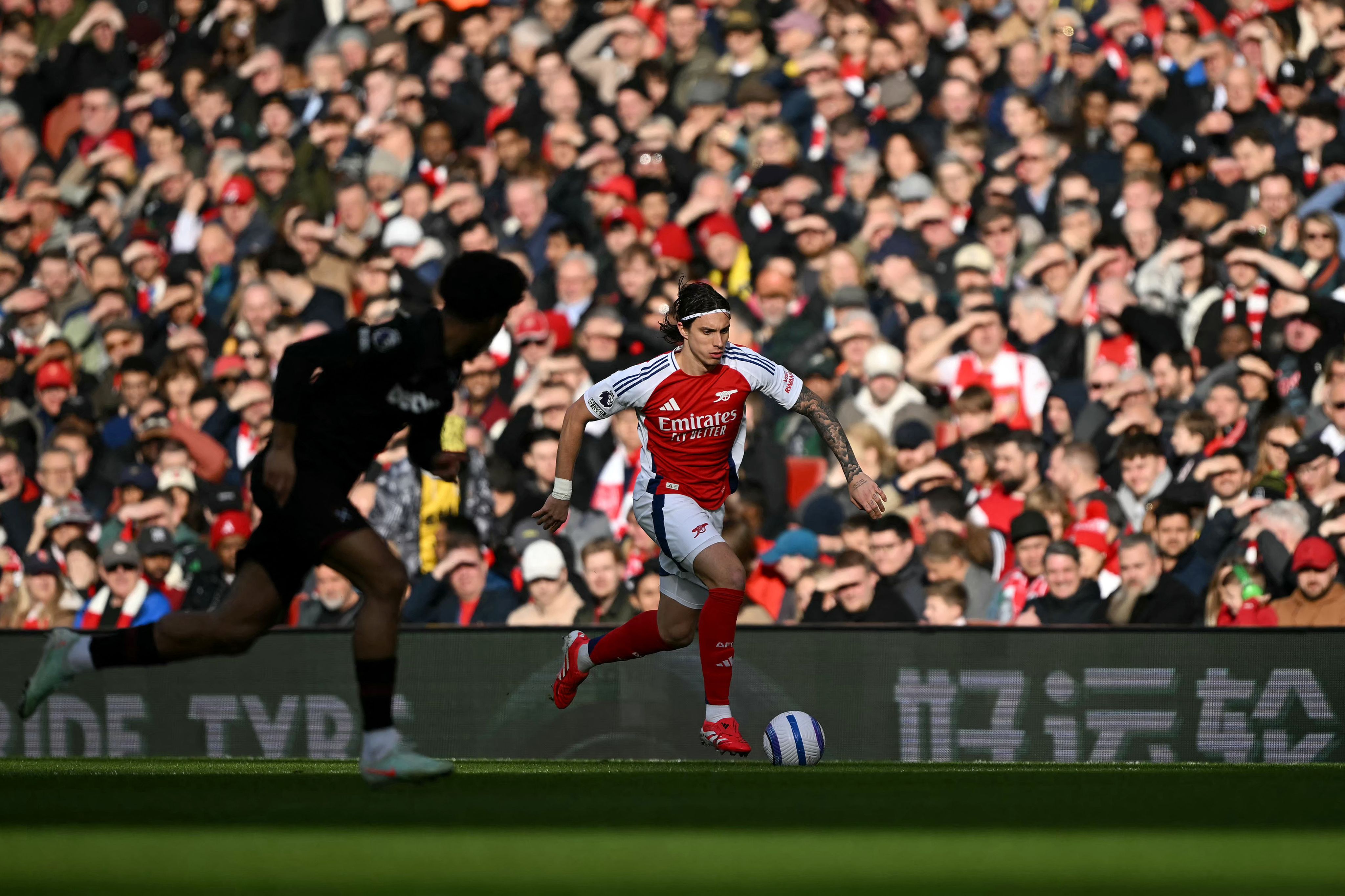

He also credits the whole coaching team at the academy for creating the well-rounded, multi-faceted player we see today, saying that no one coach was more influential than the others.
“I could say lots of different coaches,” he explains. “I think actually they were all different and they all gave some different things to me. Like one, for example, was tougher than the others and although I didn’t play for him a lot, maybe I learned how to stay mentally strong in difficult moments because of him. Maybe another coach gave me the confidence to realise how good I was. Every one of them gave me a different aspect that I needed.”
His football education ran parallel to his schooling education, and that too, was under the watchful eye of his employers. It also, Riccardo explains, brought its own challenges: “I enjoyed school when I was younger, but at high school, I was actually at the AS Roma high school, where all the players went. So I would see them all day long – at training and at school – it was a lot. Like having another family! The problem was it was all boys, no girls at the school – at that age that was tough!”
Then there was the challenge of balancing school life with being a youth international and rising star of the academy.
“Yes it was really tough,” he admits. “One year I even quit school, but I restarted it again because I needed to achieve the grades. But it was hard, because sometimes you would go to school in the morning, and maybe training was also in the morning if you were called to go with the first team. So you had to skip school sometimes, and then catch up, so that can be difficult, but for sure I would do it all again.
“I always enjoyed English actually,” he continues, “even if I wasn’t doing a lot of it at high school, but language has always been my passion. I like to learn new languages, also I’m pretty good at maths, so I liked that too. But really my parents were always angry with me for not applying myself enough to my school work.
“I had a lot of potential, but basically I was the opposite at school to how I was on the pitch. In football if I was not good at one thing, I would work and work extra hard to improve, but at school I was the opposite. There I was like the talent who doesn’t want to improve, you know? All my effort went into my football, but I think it worked OK in the end.”
Spending that much time in the company of his peers, he obviously forged some close relationships with his teammates, and is still in touch with many of them.
“We are pretty lucky because four or five of the players who joined the academy when I did at under-nines are now professional," he says. "We have Eduardo Bove who is playing for Fiorentina, Nicola Zalewski is still at AS Roma, Matteo Cancellieri is in Serie A, so there are a lot all from one age group. At the time though we weren’t considered as a good youth team, not as good as some of the others the club have had. When you are that young, you cannot always see really the full potential.”
"I’m so happy to be part of this club and the Arsenal family"
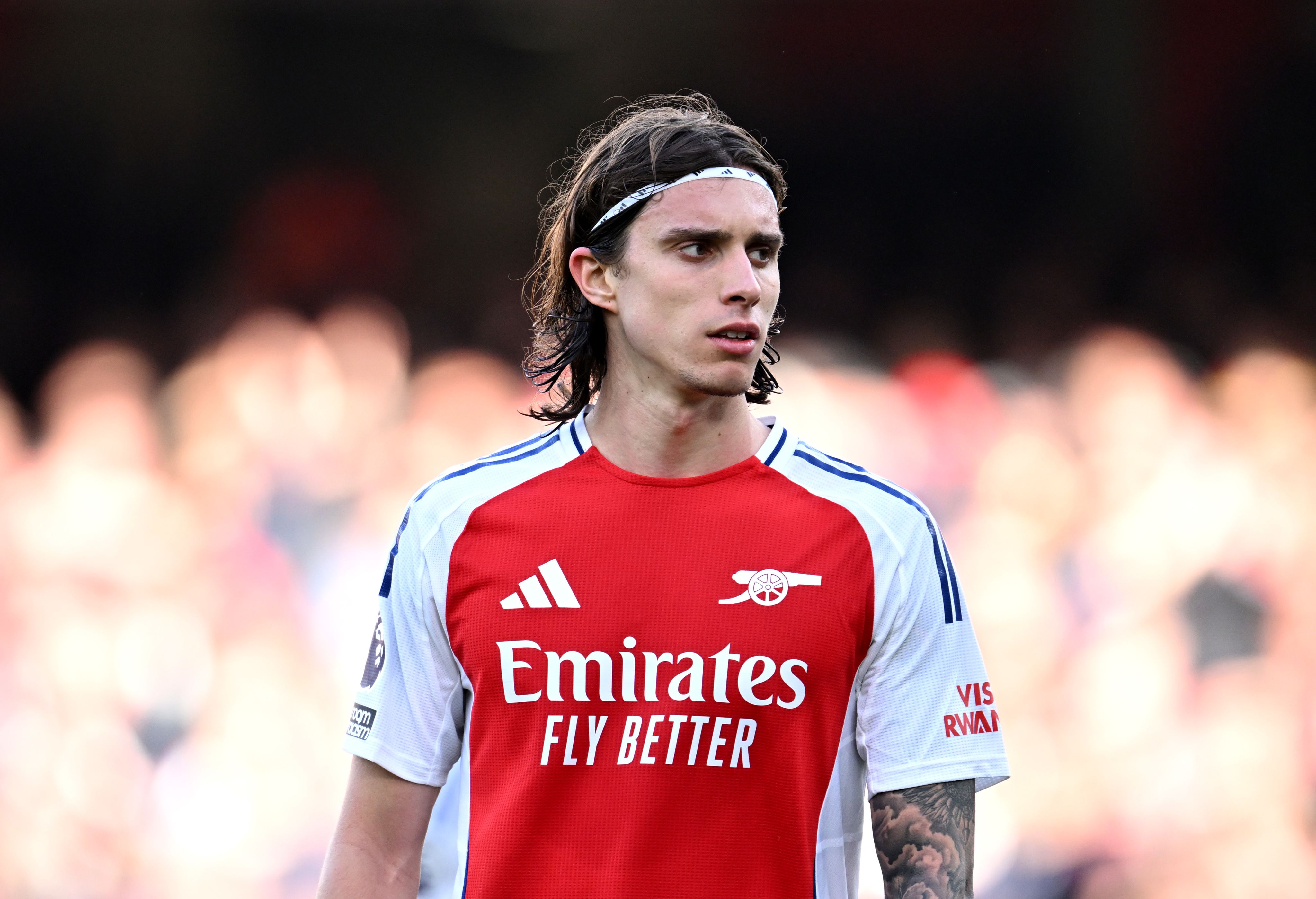

Riccardo though, remains the poster boy from that generation. A senior Italy international since the summer of last year, he now has eight caps for his country. He left Roma in 2022, for FC Basel, and after a successful season in Switzerland, he returned to Serie A with Bologna. It was his one season there – mainly playing at centre-back – where he really caught the eye, being named in the Serie A Team of the Season, and earning his move to Arsenal after starring at Euro 2024.
So what changes has he noticed coming to London from his previous clubs? “Everything is different, everything!” the 22-year-old laughs. “Starting from the city, which is huge, to everything I have been used to. There are a lot of opportunities here, lots of things to do if you want to, but also because of the programme in England we play so much so you just want to rest and stay at home.
“I’ve changed a lot, if I think back to how I was last year, I would say I’m a completely different person now. For example now I’m living alone, whereas last year I was living with my ex-girlfriend, so everything is different at home.
"I’ve started playing the guitar, I’ve got some new hobbies – I’ve changed a lot. I like to learn new things, if I see something that looks difficult, I want to learn it, that’s why I started the guitar.”
And on the pitch, is he a much different player to the one that joined us back in July? “Yeah of course, mainly in terms of my position, where I was playing more as a centre-back last year. My whole career was mainly at left-back, but then my best season was last year when I was at centre-back. So I’ve changed a lot, but I like the fact I can play in both positions, and maybe even try another one – I don’t know.
“My style of play is not that much different though. I was doing the same things I am doing now as a left-back, as I was as a centre-back, especially when we attack. That was a big reason why I wanted to come here as well.
“Training here is very different too,” he adds. “We spend a shorter time on the pitch, but it’s much more intense - everything is more intense!
"At the beginning I found that difficult, but now I’m used to it, I like it. I think training is different everywhere you play though, even just within the Premier League training will be very different at Arsenal to other clubs. The ideas, the coaches, how they want to play, how they want to train – it makes a big difference.”
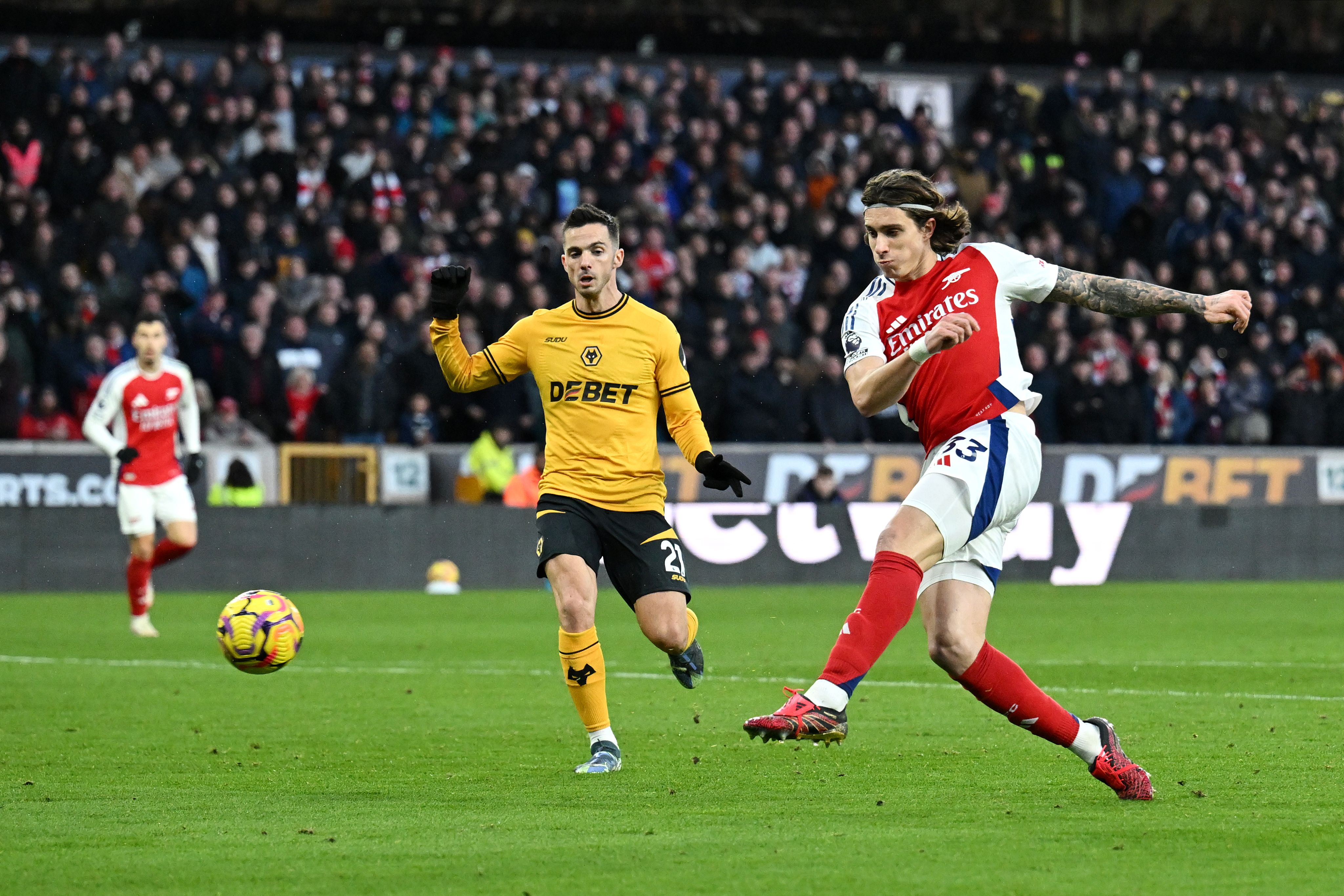
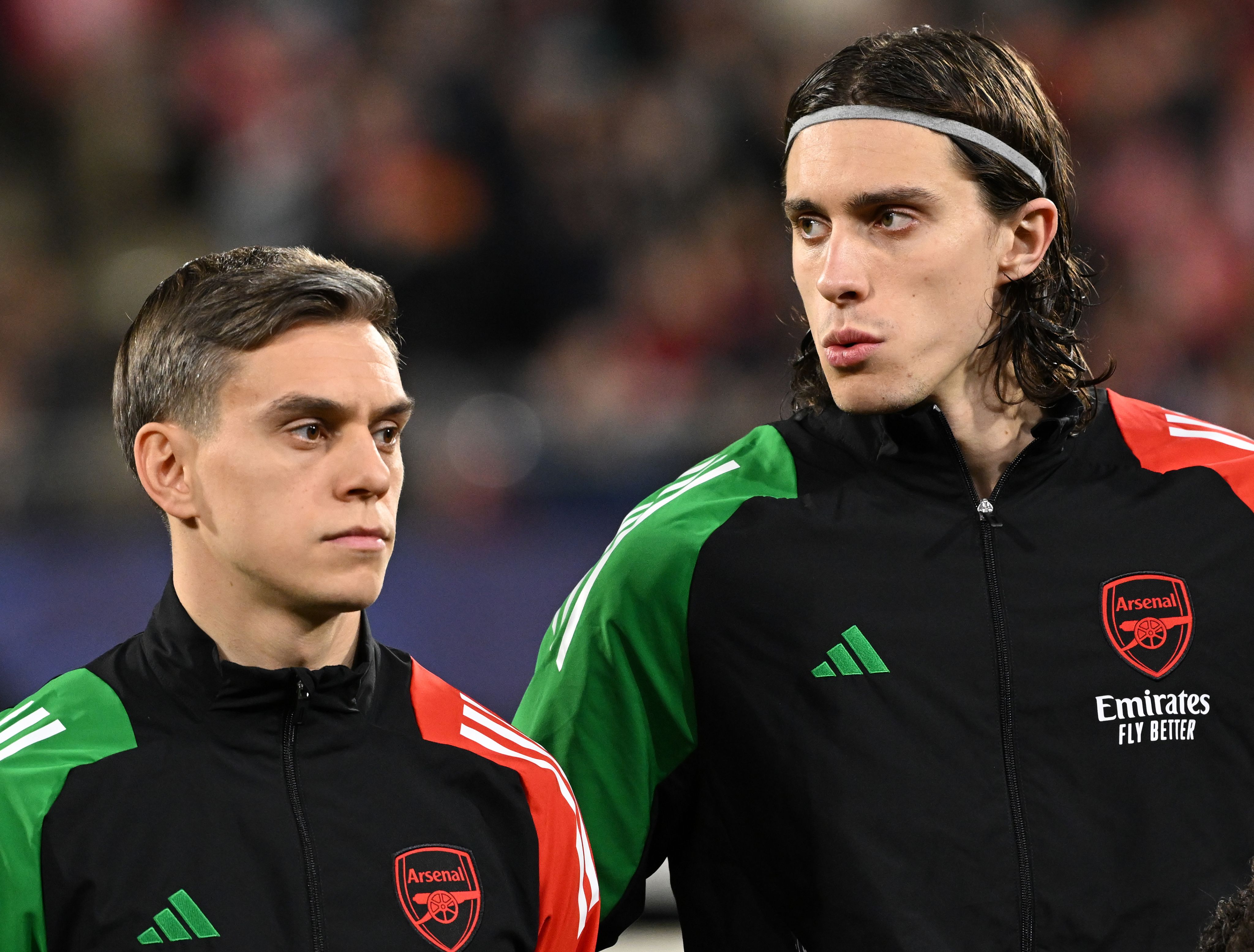
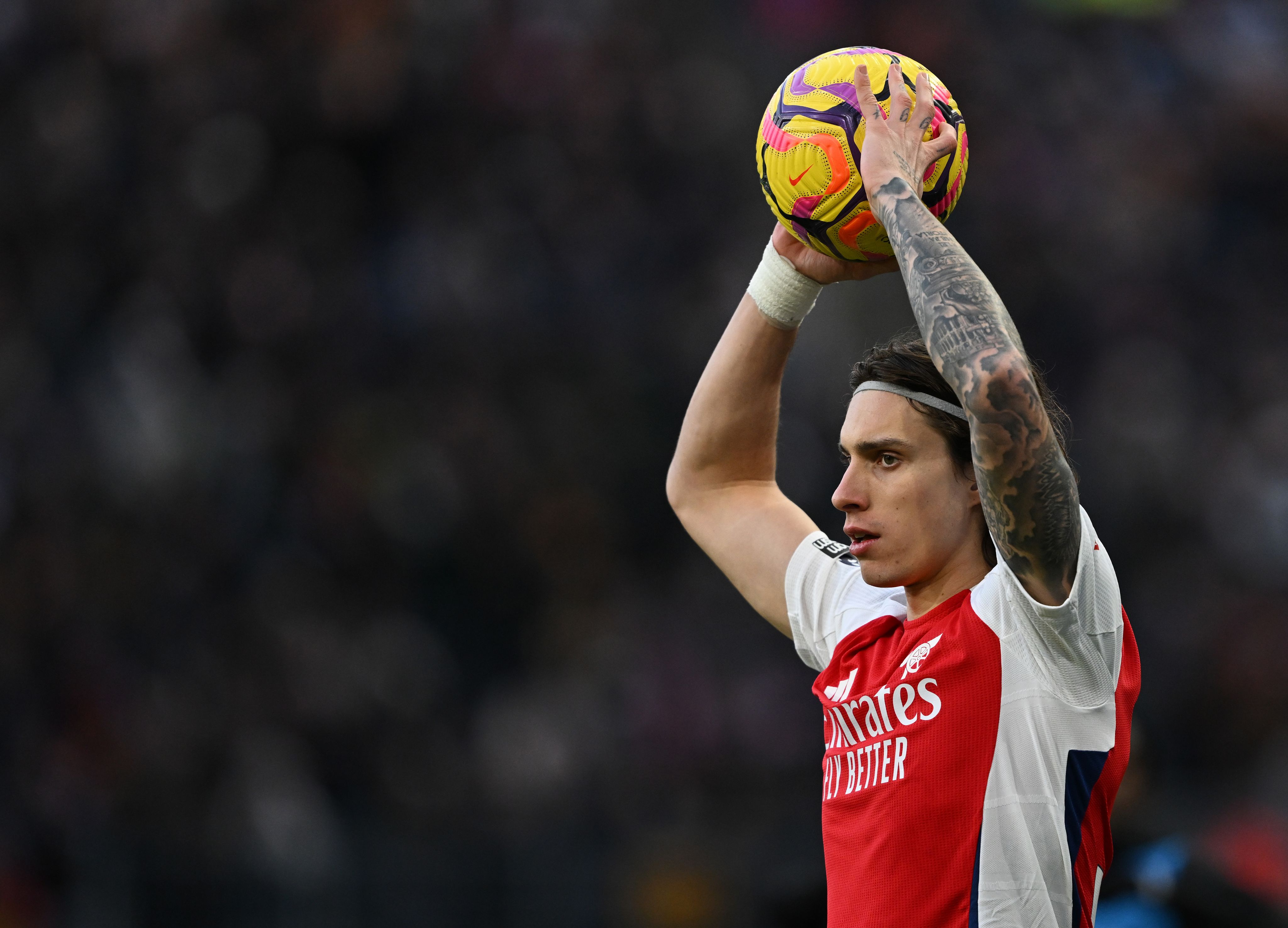
Talking of coaching, what would Riccardo’s football philosophy be if he went into coaching? While he was injured, was he encouraged to use that time to study the game for example?
“At that time, not really. Now that happens more, it’s true, so I wish I had done that more in the past. But it was different, I was only 16, it was not the right time. I was still at school, doing my exams. “But I don’t know what my football approach would be as a coach, because I’m still pretty young. So I’ve worked with a few coaches already, but not enough to get my ideas yet. I don’t want to say much on that now, because maybe in three years it will all change.
“I have to say I don’t think I will stay in football after I finish playing, but what I have learnt so far in life is what I am thinking now could be completely different to what I will think in three years.
"So never say never, but at the moment I don’t know what I would do. I hopefully have 10 or 15 years to think about it!
“Actually, when I was injured I got interested in the medical side of it, and in fact my dream is to be a chiropractor or an osteopath, but I know that’s very difficult. It’s a lot of study, but maybe one day!”
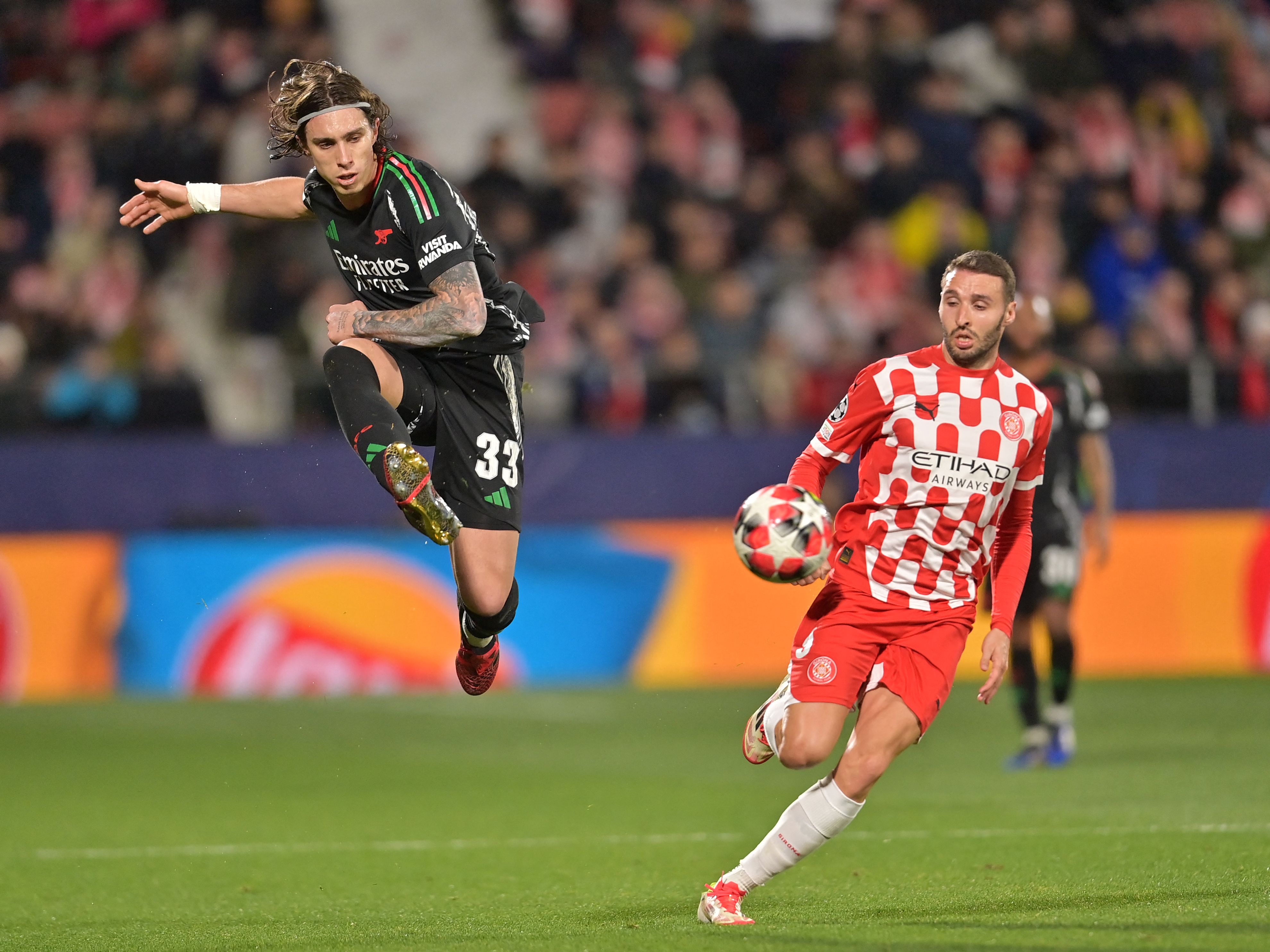
More from our dressing room











